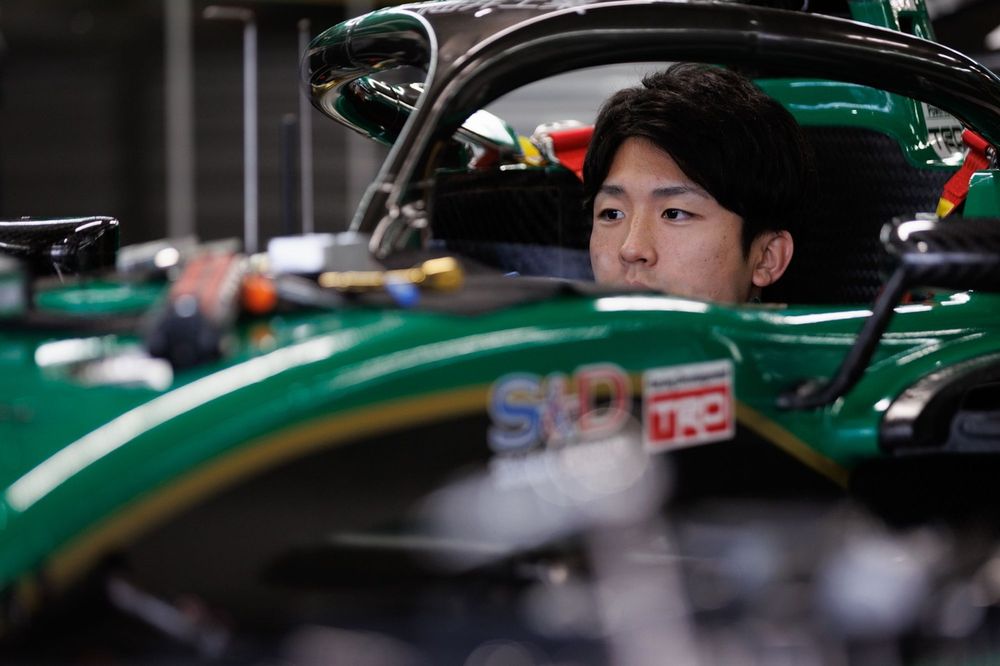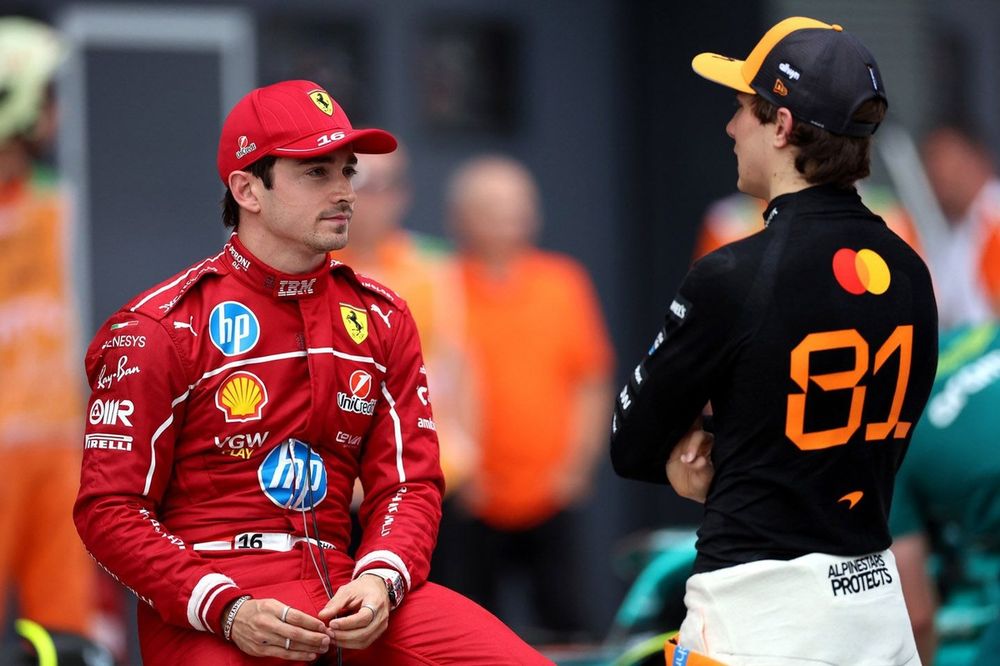
Lewis Hamilton’s highly anticipated debut season with Ferrari in 2025 has rapidly devolved into one of the most turbulent chapters of his illustrious career. What began as a dream move—fulfilling his childhood ambition of driving for the legendary Italian team—has turned into a harsh reality, with the seven-time world champion enduring a winless and podium-less campaign. After a woeful 12th-place finish at the Hungarian Grand Prix, Hamilton entered the summer break with just 109 points, placing him sixth in the standings and marking his lowest-scoring first half of any season since the introduction of the modern F1 points system in 2010.
Hamilton’s string of poor performances has been compounded by his struggle in qualifying sessions, with Hungary marking his fourth failure to reach Q3 this season. Teammate Charles Leclerc, by contrast, continues to outshine him—taking pole in Budapest while Hamilton labeled his own performance “useless.” Despite Leclerc’s clear edge in qualifying and podiums, Hamilton’s frustrations appear to run deeper than just on-track results, with growing speculation that he feels underutilized or even irrelevant in Ferrari’s technical development efforts.
Controversy erupted when Hamilton allegedly suggested during a post-qualifying debrief that Ferrari should consider “changing drivers”—a statement interpreted by some, including former F1 driver Christian Danner, as theatrics rather than genuine self-doubt. Danner contends Hamilton was staging an emotional message to Ferrari leadership, aiming to highlight that his underperformance reflects broader team issues rather than a personal decline. Hamilton’s cryptic behavior, Danner believes, was calculated—an indirect protest designed to shift accountability back toward Maranello’s top brass.
Meanwhile, critics have not been shy about drawing comparisons to Ferrari legends of the past. Jean Alesi publicly stated that Michael Schumacher would never have suggested replacing himself, regardless of performance. The underlying implication is clear: Hamilton’s approach may lack the stoic resilience traditionally associated with Ferrari’s greats. While Hamilton’s emotional openness has long been a hallmark of his public persona, some see it now as a potential liability in the cutthroat environment of Ferrari’s F1 program.
With just a handful of highlight moments—such as a Sprint win in China and a Sprint podium in Miami—Hamilton’s campaign remains far from his championship-winning standards. His average race finish of P6.5 underscores how far off the pace he currently is. As the season marches toward its final rounds, the question is no longer just about Hamilton’s driving but whether his tenure at Ferrari is becoming more symbolic than strategic—an iconic union soured by unmet expectations, internal frustration, and a man caught between legacy and reality.



